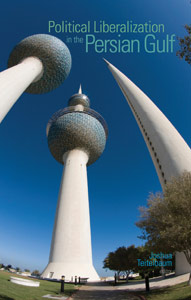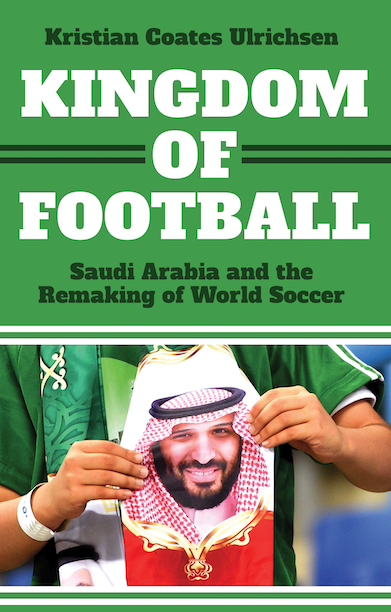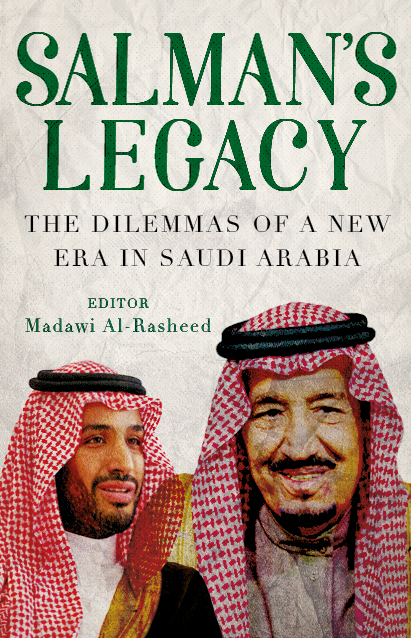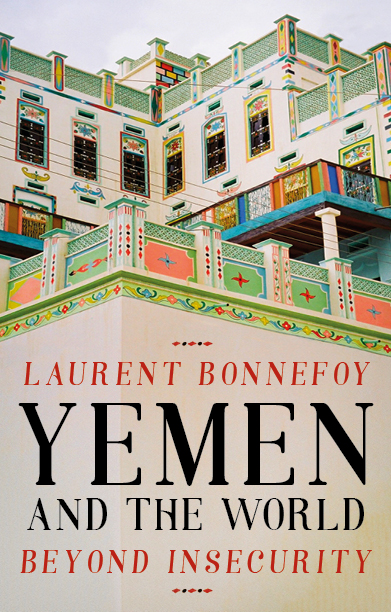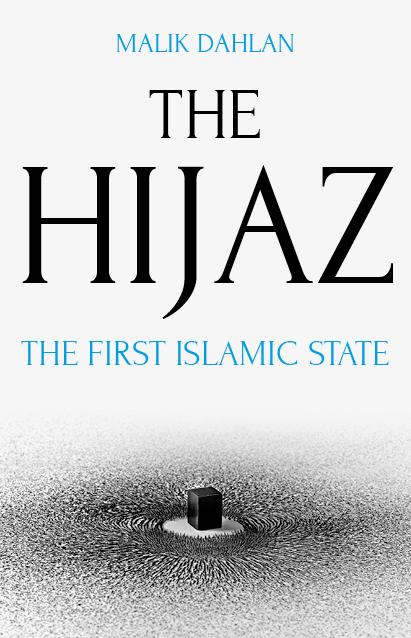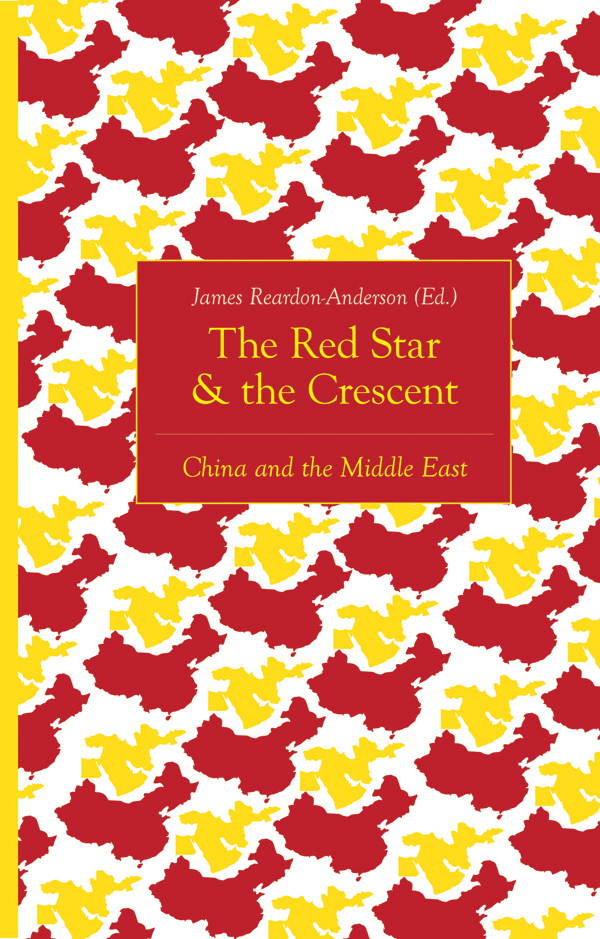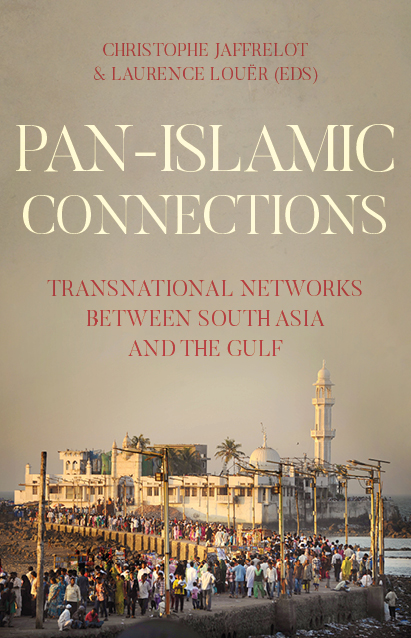Political Liberalization in the Persian Gulf
‘One of the strongest edited collections of essays on political liberalisation and reform in the Gulf monarchies and their closest neighbours, Iraq and Iran.’— Dr Christopher Davidson, University of Durham
Description
The Persian (or Arab) Gulf countries produce about 30 per cent of the planet’s oil, and keep in the ground around 55 per cent of its crude oil reserves, hence the stability of the region’s autocratic regimes is vital to the world’s economic and political future. Yet paradoxically, despite its reputation as the most traditional of regions, the Persian Gulf holds out great promise to those who support political liberalisation. But is political liberalisation in the region part of an inexorable drive toward democratisation – or simply a means for autocratic regimes to consolidate and legitimise their rule? This book sheds new light on this fascinating trend, revealing varying levels of commitment to reform across eight Gulf states as they respond to the challenges of increased wealth and education levels, a developing middle class, external actors, and competing social and political groups.
Reviews
‘This is Following a clear introduction four general chapters provide the overall context and serve to build a theoretical framework for the subsequent country case study chapters. The volume’s greatest strength is perhaps its ability to convey to the reader that these Gulf states, especially the monarchies, are not a homogenous collection of traditional polities surviving simply by means of oil rents and distributive economic systems. … These differing circumstances have led to important variations in the speed of political reform, with Bahrain leading the way, with Kuwait seemingly stalled, and with Saudi Arabia far behind. It is also pleasing that discussions on Iran and Iraq are included, as developments in the monarchies do not take place in isolation of the two largest and most populous Gulf states.’ — Dr Christopher Davidson, University of Durham
‘This volume helps fill a real gap in the literature on the Gulf region, and on the comparative politics of liberalisation … The chapters also make for pleasing completeness if one wants a comprehensive book on contemporary Gulf politics … ’ — The Royal Society for Asiatic Affairs
Editor(s)
Joshua Teitelbaum is Senior Fellow at Tel Aviv University's Moshe Dayan Center for Middle Eastern and African Studies, and Visiting Associate Professor at Stanford University's Center for Democracy, Development, and the Rule of Law.
